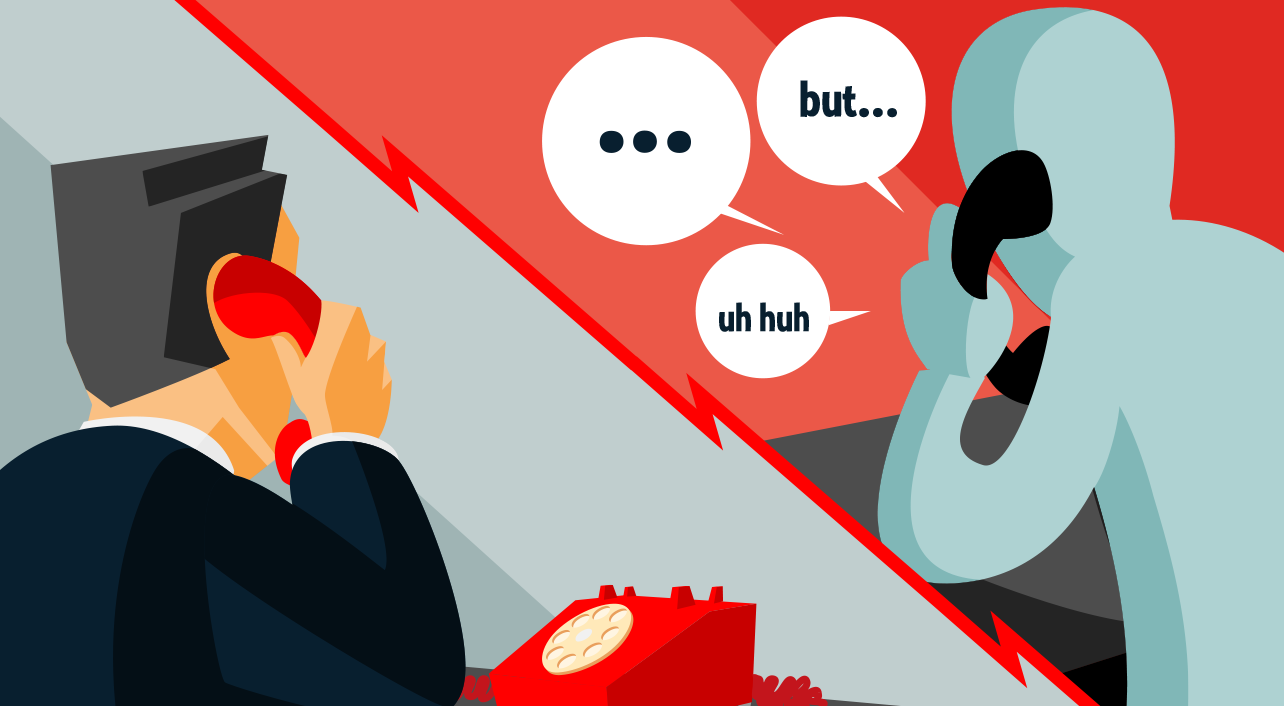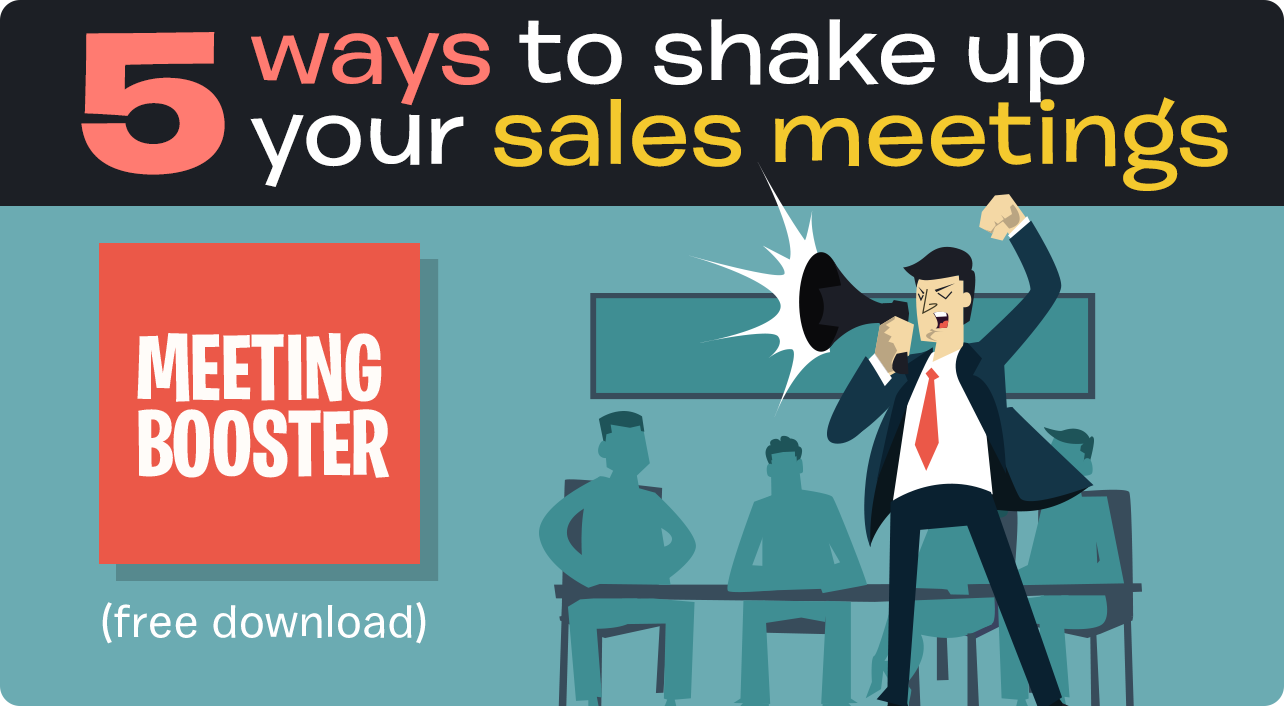- sales
- Blog post
Talk less, earn more: A good mantra for salespeople
Why is it so hard for salespeople to stopping talking?
Sales professionals know, on an intellectual level, how important it is to talk less and listen more. They know what happens when they drone on about themselves and their products — prospects get bored and turn off, and a possible sale gets frittered away.
And yet salespeople still talk too much. According to one study, the average salesperson talks 81% of the time in a selling situation.
So why do sellers keep dominating conversations with customers, even when they know better?
Let’s talk about me
To find an answer, let’s look at a series of studies conducted by neuroscientists from Harvard University.
In the first set of studies, the researchers offered volunteers money for answering questions about famous people — for example, to speculate about whether these people were intelligent, enjoyed snowboarding or liked mushrooms on their pizza. But then the volunteers were given a choice: Instead of answering celebrity questions, they could opt to answer similar questions about themselves — and get paid nothing.
Seems like a no-brainer, doesn’t it? Just talk about a few celebrities and get paid. But to the researchers’ surprise, that’s not how the volunteers behaved. It turned out that people couldn’t resist the opportunity to talk about themselves, even if it meant no or less money for them. The study found that cumulatively, people were willing to forgo 17%-25% of their potential earnings to talk about themselves rather than others!
That’s exactly what happens in sales every day. Salespeople sacrifice earnings, in the form of commissions and bonuses, for the privilege of talking about themselves.
A powerful urge
In a second set of studies, the researchers wanted to discover why this urge is so powerful. So they used MRI tests to track brain responses while subjects talked about themselves. They found that such talk triggered what’s known as the meso-limbic dopamine system — the part of the brain associated with feelings of reward and satisfaction from food, sex or money. In essence, we can’t stop talking about ourselves because it feels so good.
The research also found that self-talk is self-perpetuating: The more you do it, the more you want to do it. That’s because this same brain region is also involved in compulsive and binging behaviors.
These studies shed light on why salespeople — like all people — talk about themselves more than they think. What happens is that they talk about themselves compulsively, almost without thinking, but then the brain tries to rationalize the behavior. They persuade themselves that the information they’re dumping on buyers is valuable, or the buyer is hungry to learn more, or they weren’t really talking that much anyway.
Habits of speech
So how can sellers overcome this powerful, automatic urge to talk about themselves? One useful strategy is to cultivate habits of speech that force you to stop and pay attention to what you’re saying.
Here are three you may want to consider:
- The 30- to 60-second rule. Talk freely for about 30 seconds, then look for a place to stop before you get to 60. You can practice this technique with a colleague, using a watch and trading roles. You may be surprised by how short a minute seems when you’re talking, and how long it seems when you’re listening.
- Single-sentence responses. A customer’s question often becomes an excuse to launch into a long monologue. Instead, answer questions with one sentence, then stop and ask for the customer’s feedback before you continue. If customers want a more elaborate answer, they’ll say so.
- Speak, stop and ask. This technique breaks the flow and invites customers to engage. For example, you’ve just explained a key feature of your offering. Instead of elaborating, stop and ask the customer, “Is that something that might that be helpful?”
It may be hard at first to monitor and control how much you talk in front of buyers. But by being aware of why you’re tempted to go overboard, and adopting rules for your speech, you’ll help yourself rein in this self-defeating behavior.
This blog entry is adapted from the Rapid Learning module “Why Salespeople Just Can’t Shut Up.” If you’re a Rapid Learning customer, you can watch the video here. If you’re not, but would like to see this video (or any of our other programs), request a demo and we’ll get you access.
The blog post and Rapid Learning video module are based on the following scholarly article: Tamir, D., Mitchell J. (2012). Disclosing information about the self is intrinsically rewarding. Proceedings of the National Academy of Sciences, 109 (21) 8038-8043.

Get a demo of all our training features
Connect with an expert for a one-on-one demonstration of how BTS Total Access can help develop your team.



